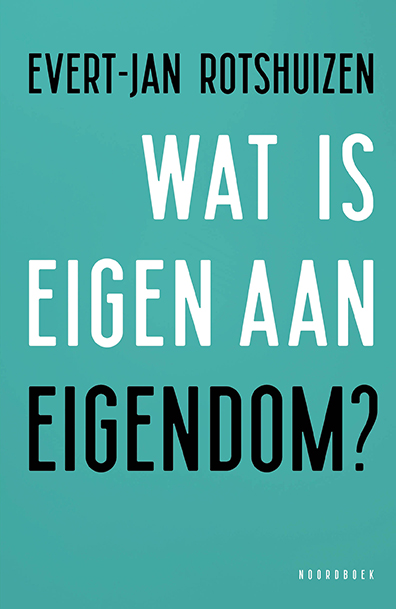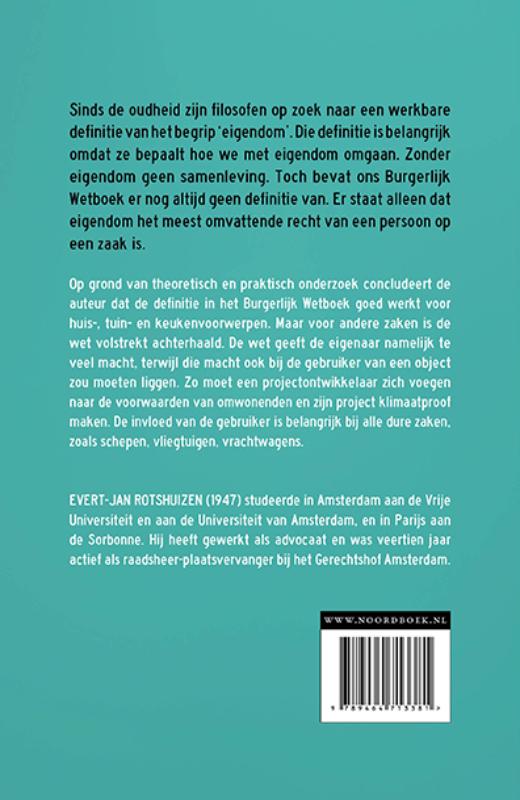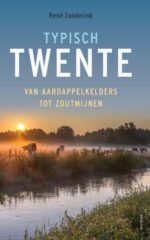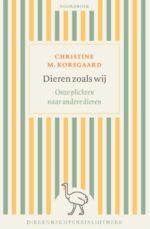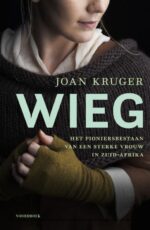Wat is eigen aan eigendom?
€ 19,90
Sinds de oudheid zijn filosofen op zoek naar een werkbare definitie van het begrip ‘eigendom’. Die definitie is belangrijk omdat ze bepaalt hoe we met eigendom omgaan. Zonder eigendom geen samenleving. Toch bevat ons Burgerlijk Wetboek er nog altijd geen definitie van. Er staat alleen dat eigendom het meest omvattende recht van een persoon op een zaak is.
Op grond van theoretisch en praktisch onderzoek concludeert de auteur dat de definitie in het Burgerlijk Wetboek goed werkt voor huis-, tuin- en keukenvoorwerpen. Maar voor andere zaken is de wet volstrekt achterhaald. De wet geeft de eigenaar namelijk te veel macht, terwijl die macht ook bij de gebruiker van een object zou moeten liggen. Zo moet een projectontwikkelaar zich voegen naar de voorwaarden van omwonenden en zijn project klimaatproof maken. De invloed van de gebruiker is belangrijk bij alle dure zaken, zoals schepen, vliegtuigen, vrachtwagens.
Evert-Jan Rotshuizen (1947) studeerde in Amsterdam aan de Vrije Universiteit en aan de Universiteit van Amsterdam, en in Parijs aan de Sorbonne. Hij heeft gewerkt als advocaat en was veertien jaar actief als raadsheer-plaatsvervanger bij het Gerechtshof Amsterdam.
